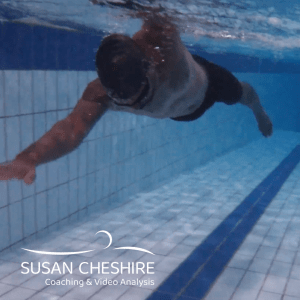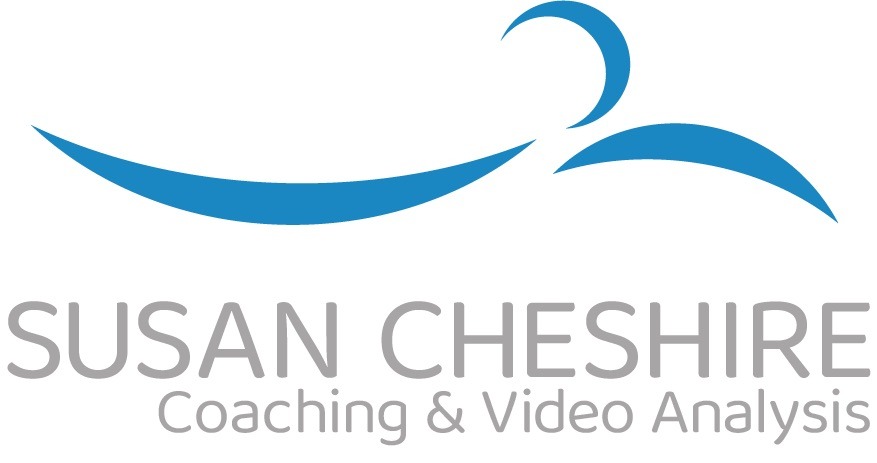Self-coaching: The pitfalls and advantages
Search online anything about ‘Swimming’ and you will discover demonstrations, explanations to watch and visualise that you can try to implement and put into practice. The success of this will vary person to person, dependant on your own body awareness and proprioception (how well your own internal cameras work)
You will without question have some degree of success improving your body awareness and notice a sense of improvement in your swimming. You may then notice the progress stall but can’t work out why.
Our perception of what we are doing as we practice and the reality may not be as close as you think. While practicing on your own only you know what your movements, your habits feels like and without feedback, visual, verbal or hands on you can’t be sure you’re doing it right or not quite.
If this starts to feel frustrating it’s time to check in with a Coach.
Mike has recently started lessons. He’d been a leisure swimmer for several years and really struggled with freestyle, needing a long breather after each freestyle length of the pool. He felt like he wasn’t making much progress on his own or from watching demonstrations on YouTube.
When we first met Mike had some really great aspects to his stroke, but had missed the need to notice and release the excess tension in his body, this tension was causing density that made it hard to feel relaxed and buoyant. Mike was also taking a shallow upper chest breathe, rather than a deeper diaphragmatic breath and we worked on some exercises that allowed for more movement in his diaphragm, allowing him to take a deeper breath, which in turn improved his balance and buoyancy and a greater sense of calm in the water.
From here we were able to start making improvements to his stroke. Receiving feedback and starting to tune into the right sensations. Mike was becoming more aware and how to practice and reinforce the right movements, while acknowledging that the unlearning itself a challenge.
They’re fun sessions, with instant feedback from Susan’s observations also captured on camera to assist too. The challenge for me is unlearning existing muscle memory / reflexes which is the need for practise part.

Time spent practising between lessons is important and the goal for any swimmer I teach is to help them become more able to be their own best coach as they go onto practice, during lessons swimmers will develop a greater sense of awareness and focus. Over time narrowing the gap between the perception of their movements and the reality, with the hope that each time they come back for their next lesson they will have improved through more purposeful practice, embedding skills into their nervous system ready to either reinforce and secure this improvement or move them onto next step improvements.
It is important that swimmers feel comfortable during our lessons and enjoy the process of learning, which for some may come with some degree of nervousness in the early stages.
They’ve been plenty on fun moments. Concentrating so hard I’ve forgotten to breath or which is my left and right, relaxing to be less tense and more streamlined in the water are a few. Susan makes learning to swim fun and enjoyable, her analysis and feedback is excellent and she’s very professional. I would highly recommend her as a swimming teacher.
Improving your awareness and your own feedback loops you can go on to make progress while practising on your own. It is important to find a coach that helps you to help yourself become better, stay motivated and understand how to practice and improve.
My swimming sessions are now 50:50 freestyle and breast stroke with the freestyle lengths easier and smoother. I’m seeing my swim session times outside of lessons come down.
